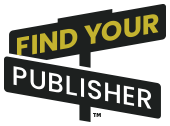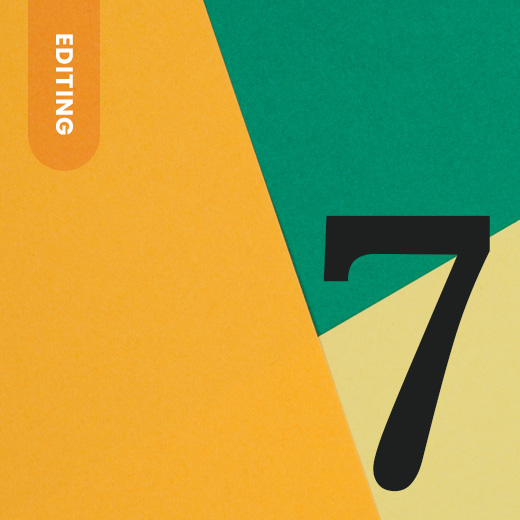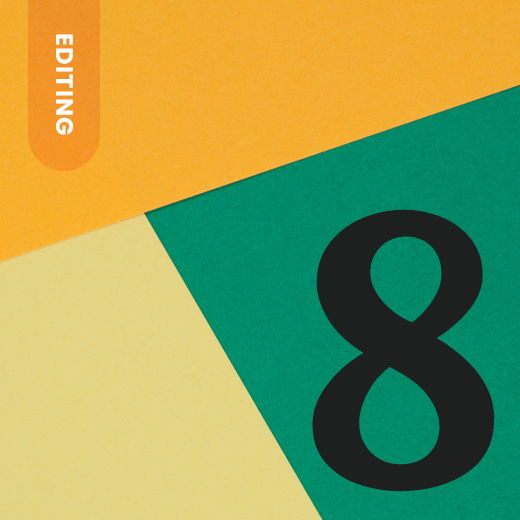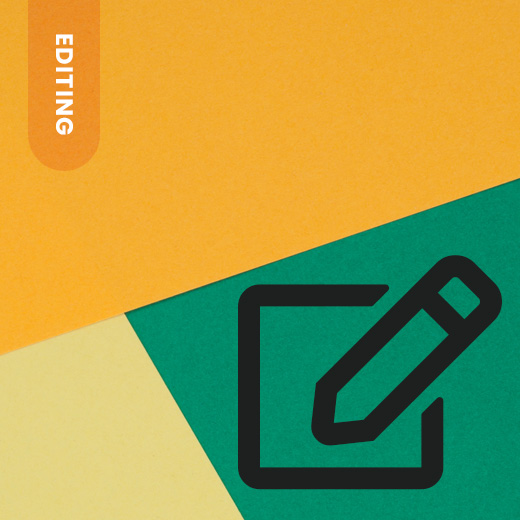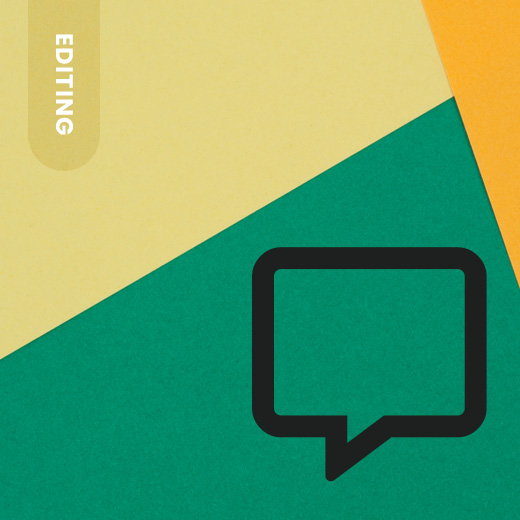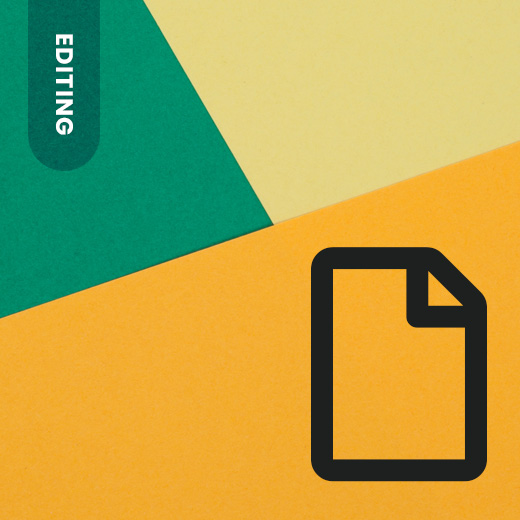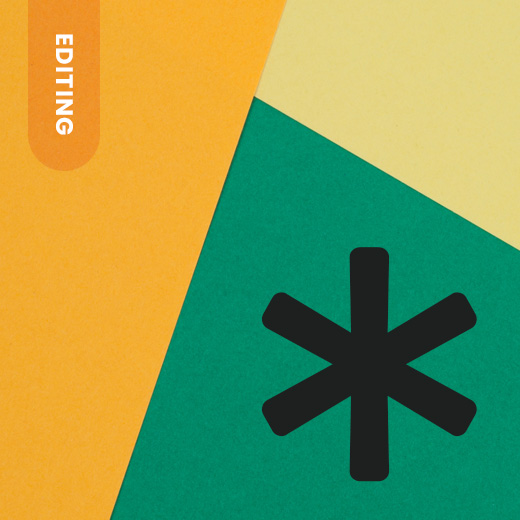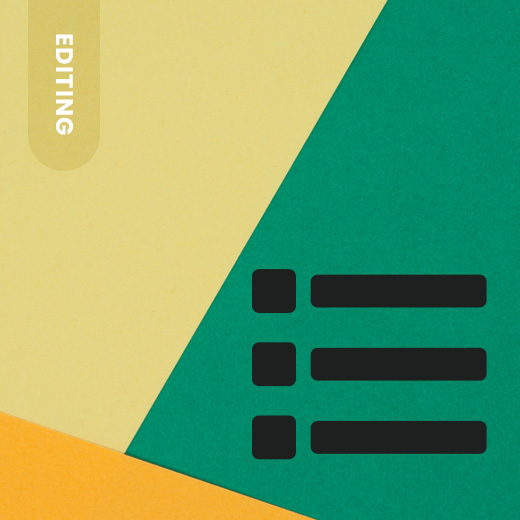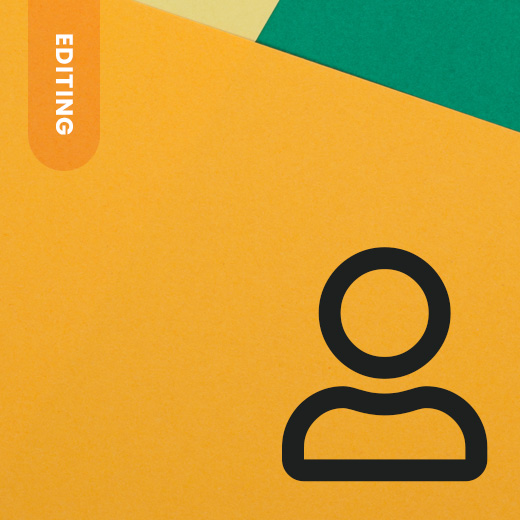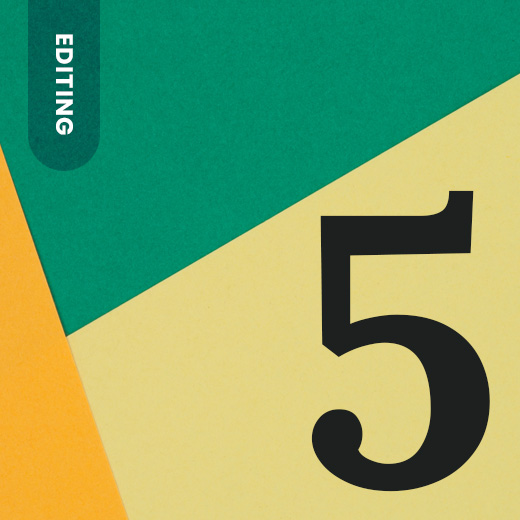
5 Things to Know About Editing Before Submitting Your Manuscript or Publishing Your Book
The amount of refinement your manuscript needs depends on your publishing route. For fiction writers who are pursuing a traditional publishing path, a complete manuscript is often required before submitting to agents or publishers, though some final editing will happen after acceptance. For self-publishers, the manuscript needs to be fully polished and ready for readers unless you’re using an editorial service. Whichever publishing route you chose, here are five things to know about editing before submitting your manuscript or publishing your book.
